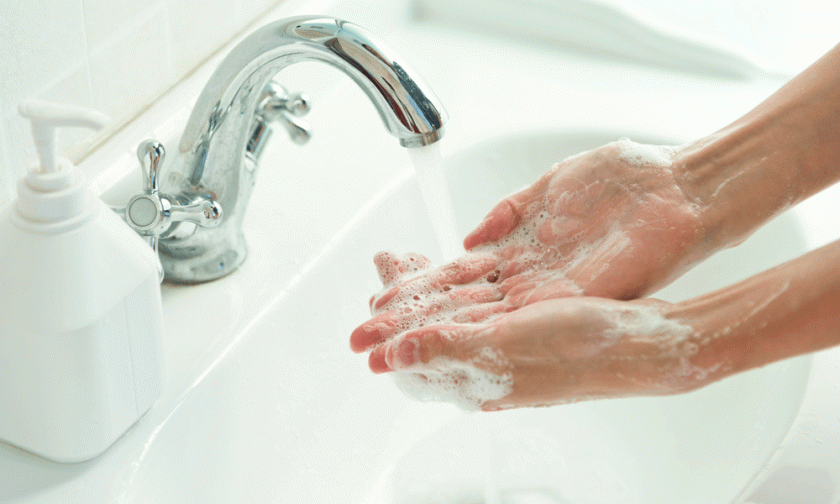The US Government’s Food and Drug Administration (FDA) has put a ban on antibacterial soaps containing ingredients such as triclosan because of evidence they can pose health risks, such as bacterial resistance.
You may have long believed that antibacterial hand soap is good for you (after all, they’re marketed to be better than regular soaps and most claim to kill 99-99.9 percent of germs), but the FDA says that’s actually not true.
Not only are they no more effective than ordinary soap and water, says the FDA, but that they might not be safe in the long run.
The agency named 19 chemicals that must be removed from soap products over the next year, including triclosan and triclocarban, which are commonly found in liquid hand soaps.
“If the product makes antibacterial claims, chances are pretty good that it contains one of these ingredients,” said Theresa Michele, director of the FDA’s Division of Nonprescription Drug Products.
According to the Environmental Working Group, triclosan is a toxic chemical ingredient that can cause hormone disruption in people, leading to reproductive, thyroid and developmental concerns.
The EWG has long warned against triclosan and, in 2008, found the chemical in blood and urine of 20 teenage girls.
Other banned chemicals include: loflucarban, fluorosalan, hexachlorophene, hexylresorcinol, iodine complex, phenol and triple dye.
Although these ingredients will soon disappear, the terminology “antibacterial soaps” may not. After all, according to the FDA, all soap – whether or not it’s marketed as such – is antibacterial.
In Australia, Louise Sales from Friends of the Earth’s Emerging Tech Project, says: “The continued use of potent antimicrobials such as triclosan and nano-silver in consumer products is contributing to a crisis that the World Health Organisation has labelled one of the greatest threats to human health today.
“Health experts agree that the widespread use of antimicrobials such as triclosan and nano-silver in consumer products will further increase the problem of superbugs. We should restrict the use of these powerful antimicrobials to hospitals, where they are needed most.
“More than 7000 Australians die each year from superbugs – that’s four times our annual road toll. The Government needs to take urgent action to tackle this growing public health crisis and ban the use of these ingredients in consumer products.”
A 2013 University of NSW study found that overexposure to silver nanoparticles can cause potentially harmful bacteria to rapidly adapt and flourish.
“This is the first study that has demonstrated that a widely occurring bacteria can adapt quite rapidly to the antimicrobial action of nano-silver,” says Louise.
“It raises serious concerns that the widespread use of nano-silver in consumer products could be helping to breed superbugs.
“The medical community has been turning to nano-silver as an antimicrobial of last resort to prevent superbug infections. But at the same time, many companies have been marketing nano-silver as an ingredient in everyday products such as socks, underpants and toothbrushes.
“For too long, industry has been preying on public fears and commercialising a range of antimicrobial products that pose a major public health risk. It’s time for the Federal Government to regain control and put public health before private profit.
“The banning of triclosan by the FDA is great news, although it is tragically about two decades too late.
“It’s a classic example of a new chemical which initially went unregulated – and after decades of potential harm is only now being regulated.
“It really illustrates the need for a precautionary approach to the regulation of chemicals and new technologies. Unfortunately our Federal Government is currently moving in the opposite direction.”




